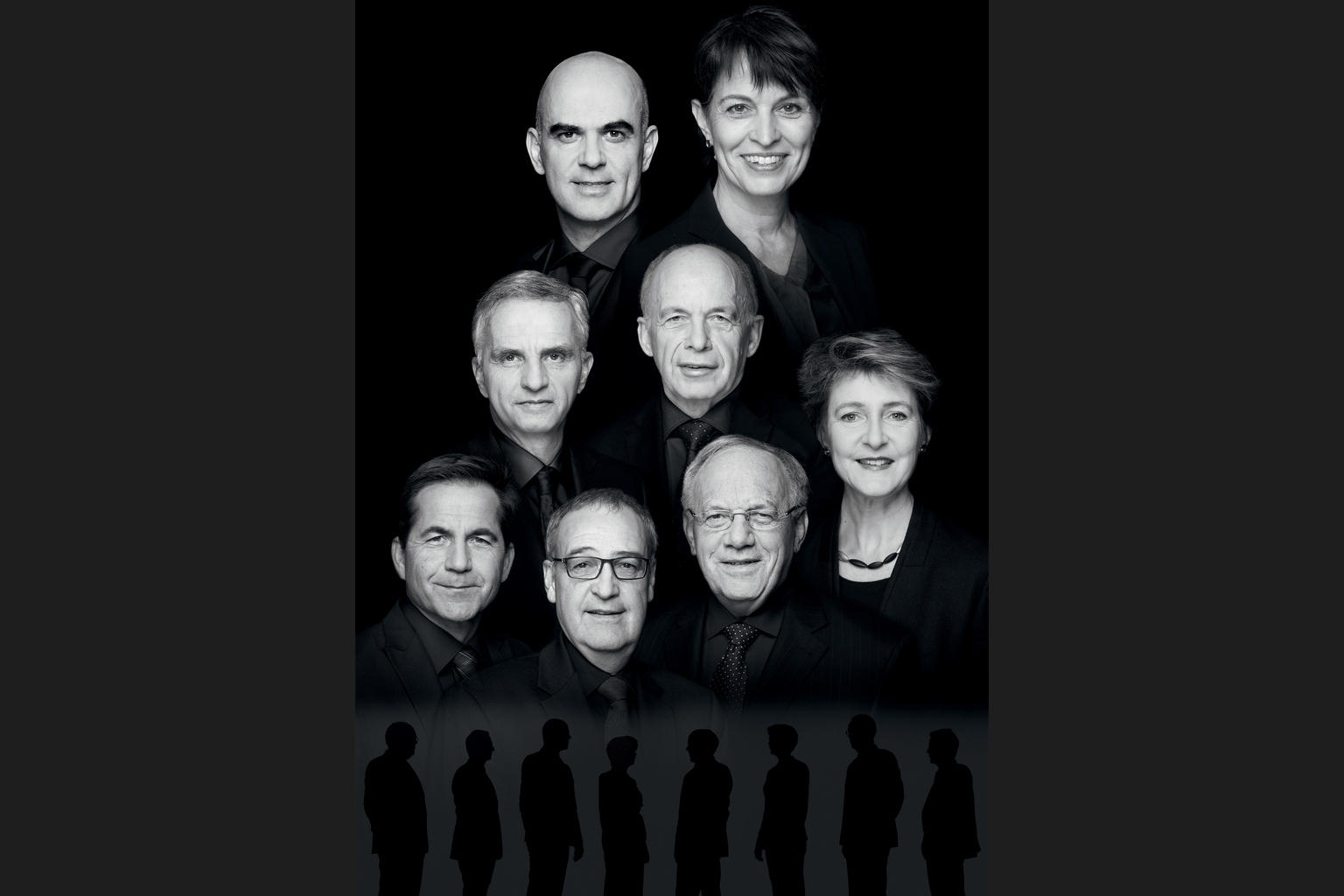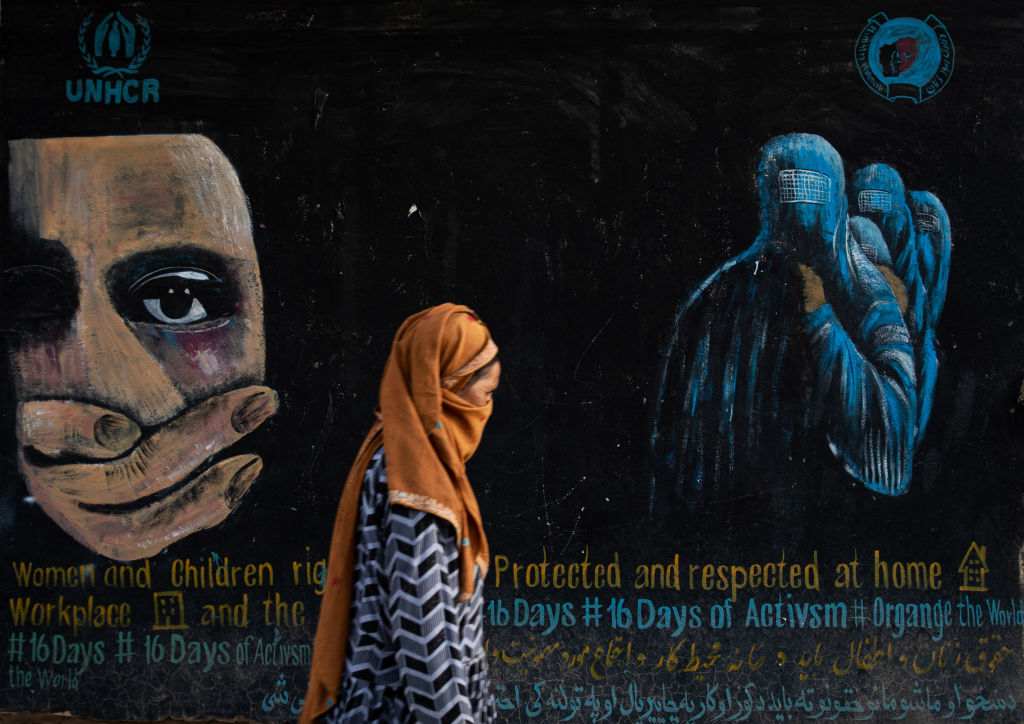
Who will become the next Swiss cabinet minister?

Three candidates from the centre-right Radical Party are vying to become the seventh minister in Switzerland’s cabinet, or Federal Council. Will it be the first candidate from Ticino this century, a lawyer and party leader or a youthful underdog?
Whoever is chosen in Wednesday’s election by parliament will replace foreign minister Didier Burkhalter, who handed in his notice in June for personal reasons. However, as a newcomer, it is unlikely that the newest cabinet member will also become foreign minister, considered a choice dossier. Each cabinet minister’s departmental responsibility will likely be announced later this week.
Will it be…Ticinese Ignazio Cassis?
Ignazio Cassis, a 56-year-old from canton Ticino, would become the first cabinet minister from the Italian-speaking Swiss canton this century; the most recent Ticinese to hold the post was Flavio Cotti in 1999. He is considered a favourite for the post, compared to his fellow Radical Party rivals Isabelle Moret and Pierre Maudet, largely due to greater cross-party backing for his candidacy.
Cassis is from Sessa, a small municipality near the city of Lugano that lies close to the Italian border. A doctor by profession, he was a late entrant into politics, becoming a member of the municipal government of Montagnola at the age of 46. In 2007, he was elected to the House of Representatives as a candidate of the centre-right Radical Party after a previous unsuccessful attempt in 2003.

More
How Switzerland chooses new cabinet ministers
Despite being the favourite, Cassis did not escape unscathed during his campaign. His association with health insurer Curafutura – he is on the board of directors – was seen by some as having the potential to affect his decision-making. His remarks to the media on the legalisation of drugs, including cocaine, also raised eyebrows. And his dual nationality also caused him problems as he holds both Swiss and Italian citizenship. He announced last month that he planned to give up the Italian nationality he inherited from his father (although he’s under no legal obligation to do so).
Working mother Isabelle Moret?
Considered an underdog in the race, Isabelle Moret hails from the French-speaking canton of Vaud. If elected, she would become the eighth female cabinet minister and the first with young school-aged children.
A lawyer by training, Moret was born and grew up in the city of Lausanne. She began her political career as a member of the Vaud cantonal parliament. She has been a member of the national parliament since her election to the House of Representatives in 2006. She was also the vice-president of the Radical party from 2008 to 2016.
During the campaign, she did not shy away from highlighting the merits of choosing a woman and a mother for the cabinet post. However, this led to scrutiny into her private life by the media, revealing details of a messy divorce. Her comments against her competitor Pierre Maudet’s decision to regularise clandestine workers in Geneva helped cement her conservative stance on the question of migration. But some saw her position on negotiations with the European Union as unclear.
Or young upstart Pierre Maudet?
Also seen as an underdog in the race, the candidate Pierre Maudet from the French-speaking canton of Geneva is just 39 years old.
He may be the youngest candidate for the job, but he has dabbled in politics from an early age. At 15, he founded the youth parliament in his native Geneva, becoming a member of the city legislature at 21 and its city council at 29. He served as mayor of Geneva for a year when he was a mere 33 years old. In 2012, he moved to cantonal-level politics where he took charge of the security and economic departments. However, he failed to make his mark at the national level: an attempt in 2003 to get elected to the House of Representatives was unsuccessful.
To get the top job in Swiss politics, Maudet must overcome opposition from the political right over his policy to grant amnesty to clandestine workers in Geneva, as well as questions surrounding his dual nationality (Swiss and French).

In compliance with the JTI standards
More: SWI swissinfo.ch certified by the Journalism Trust Initiative















![The four-metre-long painting "Sonntag der Bergbauern" [Sunday of the Mountain Farmers, 1923-24/26] had to be removed by a crane from the German Chancellery in Berlin for the exhibition in Bern.](https://www.swissinfo.ch/content/wp-content/uploads/sites/13/2025/12/01_Pressebild_KirchnerxKirchner.jpg?ver=a45b19f3)














You can find an overview of ongoing debates with our journalists here . Please join us!
If you want to start a conversation about a topic raised in this article or want to report factual errors, email us at english@swissinfo.ch.